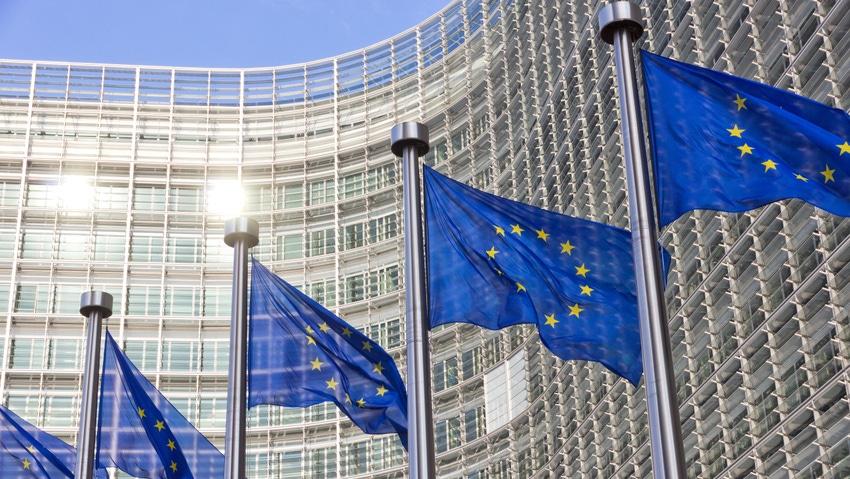Eurobites: EU gives digital 'gatekeepers' a grilling
Also in today's EMEA regional roundup: running fiber in drinking-water pipes; Nigerian currency dive hits MTN Group profits; Telegram suspended in Spain.

The European Commission has launched investigations into Apple, Alphabet and Meta, suspecting that they are failing to comply with obligations imposed on them as digital "gatekeepers" by the Digital Markets Act. In relation to Apple and Alphabet, the Commission's main concerns center on their perceived failure to "steer" consumers to potentially cheaper offers outside their proprietary app stores, free of charge. As for Meta, the Commission clearly has misgivings about the tech giant's recently introduced "pay or consent" model, which the Commission believes may not comply with the DMA's requirement that gatekeepers obtain consent from users when they intend to combine or cross-use their personal data across different core platform services – in Meta's case, Facebook, Instagram and WhatsApp. The Commission plans to wrap up its investigations within 12 months: If the companies under the microscope are found guility, they could face a fine of up to 10% of their total worldwide turnover – and such fines could go up to 20% for repeat offenses.
A UK trial of running fiber along pipes that bring drinking water into people's homes seems to have run into the sand, with the water company involved – Yorkshire Water – not seeing it as a commercially viable option as things stand. However, the backers of the Telecoms And Water Combined Operations (TAWCO) scheme are trying to remain positive, saying in the conclusion to their report that a lack of "operational upside for the water company on a given route is not necessarily a showstopper if there is a strong commercial rationale for the route and the telecoms operator is willing to pay accordingly." The TAWCO Fiber in Water consortium comprised Commsworld, Yorkshire Water, Arcadis Consulting and the University of Strathclyde.
Despite seeing full-year group service revenue grow by 6.9% to 210 billion South African rand (US$11.08 billion), South Africa headquartered MTN reported a huge drop in profits as a sharp devaluation of the Nigerian currency, the naira, put an unsightly dent in the earnings of its Nigerian unit. Reported headline earnings per share (HEPS) – a key profit measure in South Africa – dropped by 72.3% to ZAR3.15 ($0.16) per share for the year ended December 31, 2023. There was more positive news on the fintech front – the volume of fintech transactions increased by a third during the year to 17.6 billion, while in February MTN sealed a deal with Mastercard which sees the payments processing giant invest up to US$200 million for a minority stake in MTN Group's fintech business.
Messaging service Telegram has been temporarily blocked in Spain after a number of companies – Telefónica among them – complained it was being used to upload their content without permission. As Reuters reports, Telegram is the fourth most popular messaging service in Spain.
Nokia and Batelco have signed a partnership agreement to supply 5G private wireless networks in Bahrain. The deal, says Nokia, will see it become the sole supplier of private wireless infrastructure in the kingdom, with deployment scheduled for the second half of this year.
In more Nordics-meets-desert-kingdom action, Ericsson and du say they have successfully completed a 5G standalone (5G SA) trial on the UAE operator's live network, achieving an aggregated download speed of up to 16.7 Gbit/s, using ten carriers per sector.
Norwegian People's Aid, a humanitarian organization that operates in more than 30 countries, has teamed up with Telia to test the use of portable mobile basestations as a means of restoring coverage in the event of an outage caused, for example, by a natural disaster, or just to extend coverage to particularly remote areas of Norway. The equipment was originally developed and tested with the Norwegian Armed Forces.
Read more about:
EuropeAbout the Author(s)
You May Also Like




_International_Software_Products.jpeg?width=300&auto=webp&quality=80&disable=upscale)







